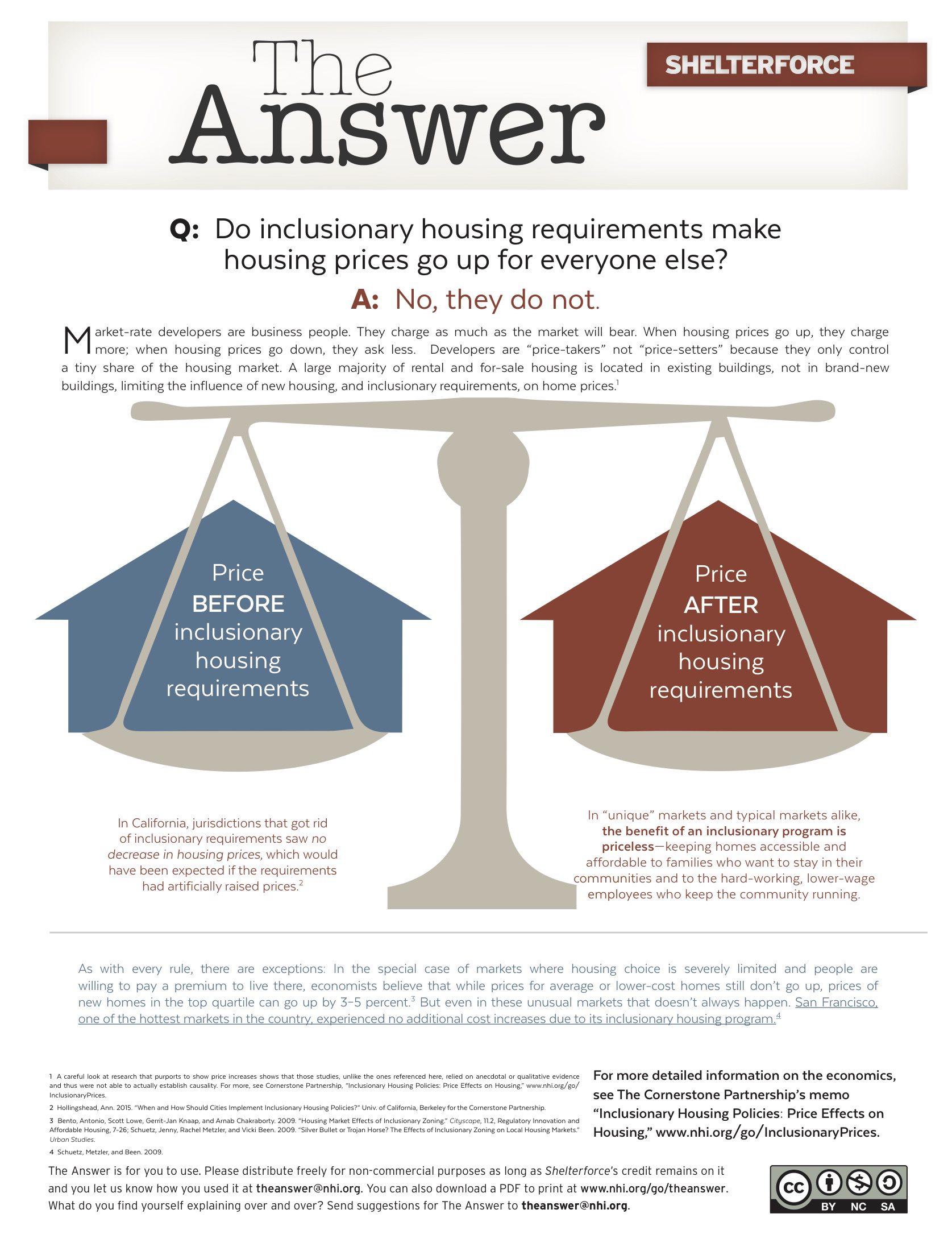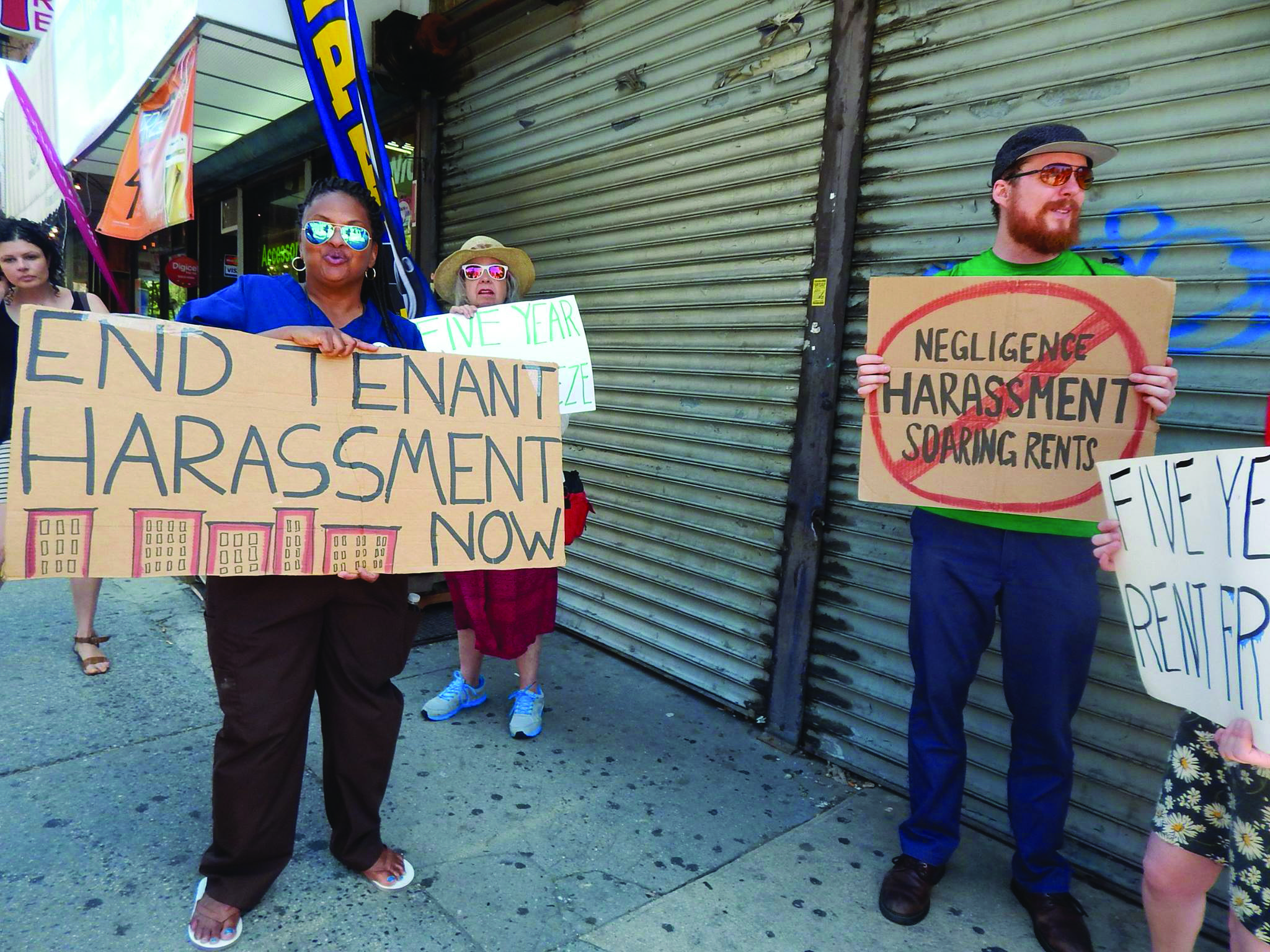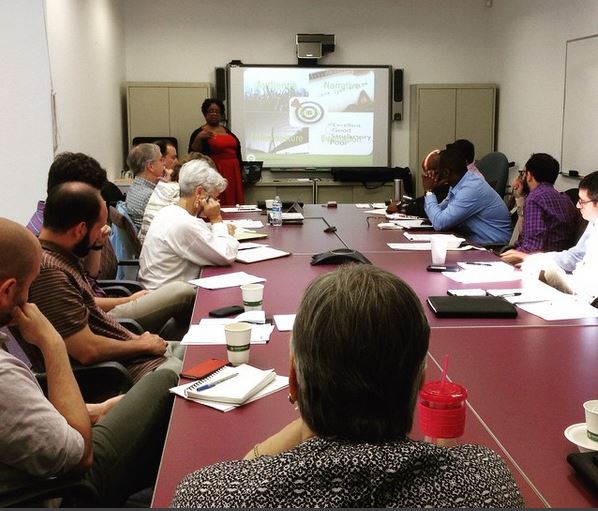When I visited New Orleans last June for the NeighborWorks Comeback Cities event, many of the people I spoke with were ambivalent about the approaching 10th anniversary of Hurricane Katrina in August. Some of it was exhaustion from being asked to re-live their trauma. Some of it was fear that after the anniversary the rest of the country would consider them recovered and move on, as M. A. Sheehan expresses at the end of her article in this issue. Some of it was ambivalence (or frustration or fury) about a lot of outsiders declaring victory, or weighing in on how close the city has gotten to recovery.
There is ambivalence within the city too. There are success stories to be told, and yet hard truths to be faced—with housing prices rising, and bus transportation not recovered, it’s harder and harder for lower-income residents to find housing that’s accessible to employment opportunities. When I was there, I met with the director of Liberty’s Kitchen, which trains youth for food-related careers such as chefs, of which the city has many. The program is booming, having recently moved into larger quarters in a new, centrally located, CDC-developed plaza anchored by a Whole Foods with whom they partner. But one of the challenges many participants face is the sometimes two hours it takes to get there in the morning from where their families can afford to live. (See The State of Transit in New Orleans for more on NOLA transportation equity.)
In this issue we take a look at a few of the lessons and challenges that are emerging for those who care about equity in the era of climate change. In The Justice Gap, New Orleans–based reporter Katy Reckdahl shows us how crucial legal services are in the face of a disaster like Hurricane Katrina. In Detours on the Road Home, M. A. Sheehan walks us through some very concrete ways in which a recovery program like Road Home can better serve those who need it most. And in Rising Tides, Rising Costs, we learn about one of the next frontiers of equitable disaster preparedness—dealing with skyrocketing flood insurance rates for those who have long been pushed into flood plains.
I heard Scott Cowen, former Tulane University president and author of The Inevitable City, talk about the hurricane as a man-made tragedy, but one that allowed the city to address problems it hadn’t been able to address before. At first blush, I find this sentiment dangerously close to the infamous post-Katrina “God cleaned up public housing” comment, though I know he didn’t mean it in that spirit. However, when there are such stark racial disparities among who the recovery is benefiting and who has even been able to return, that kind of comment leaves a sour taste in the mouth.
That said, it is hard to be in New Orleans and not think “There’s a long way to go, and a lot that was done badly. But still, if this city could get here in 10 years from where it was, what could we do with a more equity-minded version of such a massive, all-hands-on-deck, sustained investment in a place that needs it but wasn’t under saltwater for weeks first?”
This makes me think of Detroit. It has not seen the kind of outpouring of citizen volunteer labor and federal support that New Orleans saw, but there does seem to be a consensus in the philanthropic sector to go all out in Detroit—a bit of an “if we can fix it there . . .” attitude. Much of Detroit is still in dire straits to be sure, but the news from many sections of it is far more positive than those declaring its death a few years ago would have imagined. In .._in_detroit/>Building the Cars of the Future . . . in Detroit, we explore some of the manufacturing that’s coming back into the city, in particular one program that is both drawing the jobs and connecting them with long-time Detroiters who need them.
Elsewhere in this issue we hear from people who are actually bridging placed-based and fair housing work, on the ground, in real partnerships (Interview with John Henneberger and Fair Housing and Community Developers Can Work Together), and bring you a conversation about the relationship between economic justice organizing and place-based work (The Revitalization Trap). We hear from Richard Baron, of the developer McCormack Baron Salazar, about his decades in the community development world and his opinions about what works and what doesn’t. We also explore what happens when organizers start community land trusts, and more.
As always, if you have thoughts to share on any of our articles, please follow the links at the bottom of the articles and comment on their online versions. We know from long experience that our readers have a lot of wisdom and insight to contribute, and our authors love to engage with your questions and comments.




Comments